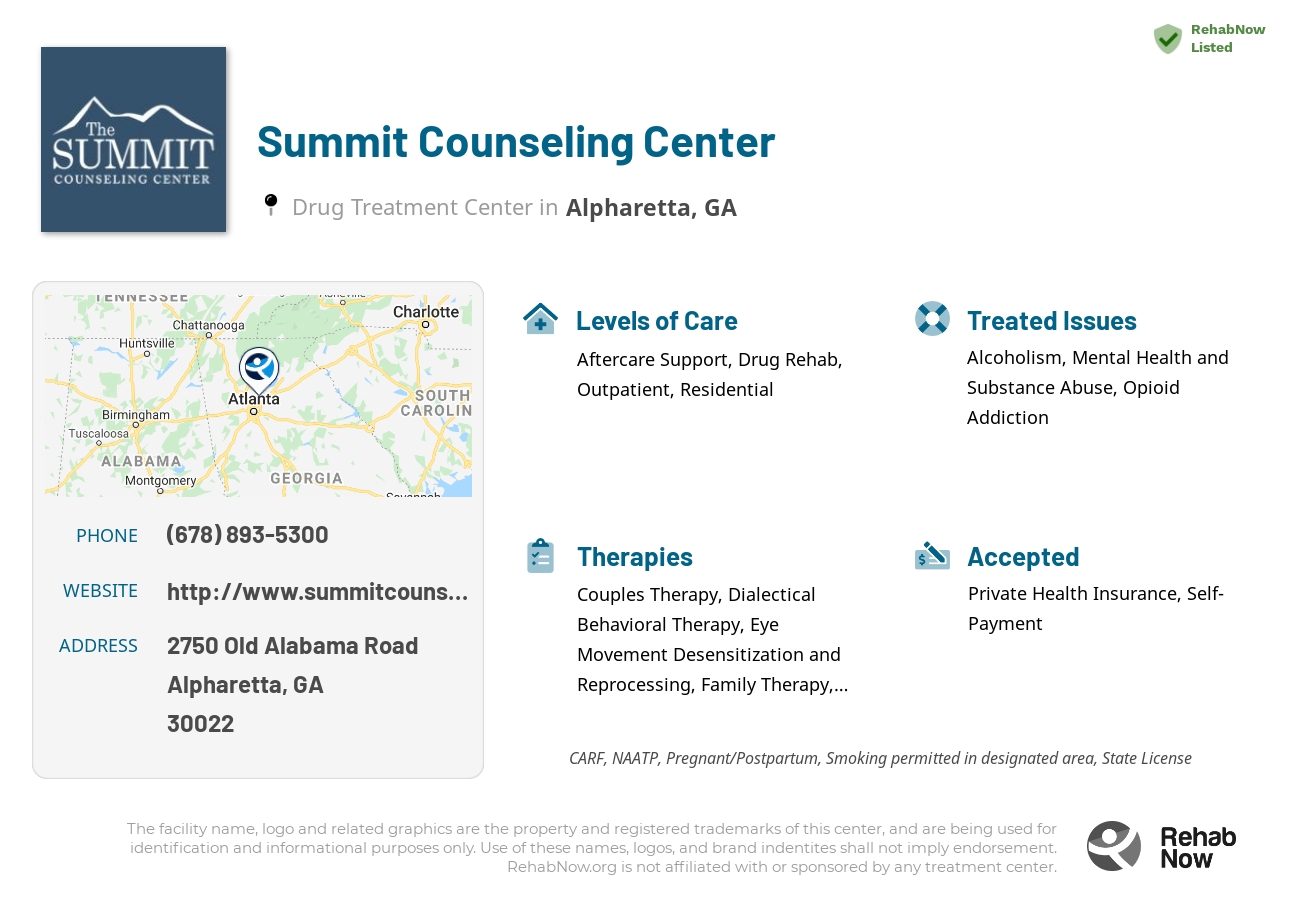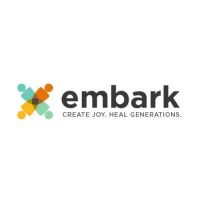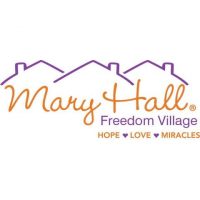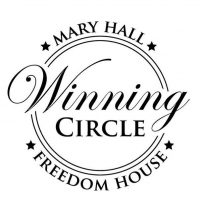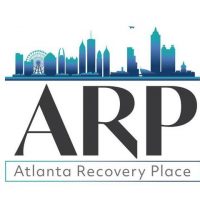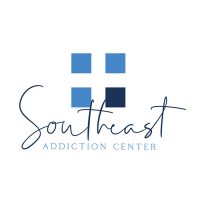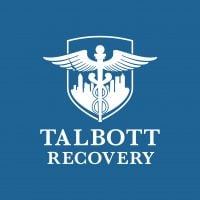Summit Counseling Center
Drug Rehab Center in Alpharetta, Georgia
Summit Counseling Center in Alpharetta, Georgia, is an Addiction Treatment Facility founded in 1990 that offers comprehensive and evidence-based treatment for individuals struggling with addiction, substance abuse, and mental health disorders, including aftercare support, outpatient services, residential treatment options, and dual diagnosis treatment, with the acceptance of private health insurance.
About Summit Counseling Center in Georgia
Summit Counseling Center, founded in 1990, is an Addiction Treatment Facility located in Alpharetta, Georgia. This center specializes in providing comprehensive treatment for individuals battling alcoholism, drug addiction, opioid addiction, substance abuse, and mental health disorders. With their wide range of programs and services, Summit Counseling Center strives to help individuals break free from their addictions and achieve long-term recovery. They offer aftercare support, outpatient services, residential treatment options, and dual diagnosis treatment to address both addiction and mental health issues. Additionally, this facility accepts private health insurance for those seeking professional help and guidance in their journey to sobriety.
Summit Counseling Center offers a variety of evidence-based treatment methods and services to cater to the needs of individuals struggling with addiction and substance abuse. Through their aftercare support programs, they provide clients with guidance and resources to maintain sobriety even after completing the primary treatment phase. Their outpatient programs allow individuals to receive effective therapy while living at home or attending to other responsibilities. For more intensive treatment needs, Summit Counseling Center provides residential programs where clients can focus solely on their recovery in a supportive environment. Moreover, the center specializes in dual-diagnosis treatment where they address both substance abuse and mental health issues simultaneously for better overall outcomes.
Genders
Ages
Modality
Additional
Conditions and Issues Treated
Opioid addiction starts when a person becomes addicted to legal or illegal opioids. The addiction can happen quickly, in just a matter of days. Opioid withdrawal can be extremely uncomfortable and lead the user to continue to use even if they want to quit. Stopping using an opioid requires medical observation. Sometimes inpatient treatment with a medically supervised detox is necessary for managing the withdrawal process while learning lasting tools for maintaining recovery. Medications may be used in some cases of opioid addiction.
Opioid addiction is one of Georgia‘s most prominent forms of addiction. It’s treated by detoxifying the body so that the chemicals from the medications no longer impact them and by therapies to correct behavior and target the root of the problem.
Levels of Care Offered
This center offers a variety of custom treatment tailored to individual recovery. Currently available are Aftercare Support, Drug Rehab, Outpatient, Residential, with additional therapies available as listed below.
Outpatient treatment is considered the lower intensity level of addiction treatment. It’s ideal for early phase addiction or lower intensity addictions. It may include weekly sessions instead of daily. It may include weekly sessions instead of daily. Peer group support, 12-step programs, and individual counseling may still be involved but at a lesser frequency than an intensive outpatient program. It is a good choice for someone who doesn’t need to go through a medically supervised detox and who has a supportive home environment. It requires motivation and dedication to commit to the program without constant monitoring.
Residential treatment programs are those that offer housing and meals in addition to substance abuse treatment. Rehab facilities that offer residential treatment allow patients to focus solely on recovery, in an environment totally separate from their lives. Some rehab centers specialize in short-term residential treatment (a few days to a week or two), while others solely provide treatment on a long-term basis (several weeks to months). Some offer both, and tailor treatment to the patient’s individual requirements.
Aftercare support should take place after outpatient treatment has ended. There are a few different types of aftercare support that patients can seek. These include 12 Step, Self-help groups (AA, NA), Therapeutic communities, Long-term, structured sober living arrangements, and Halfway houses (residential treatment centers).
Therapies & Programs
Individual therapy involves one-on-one sessions between the patient and therapist. It provides patients with a safe environment to openly discuss personal and sensitive issues with the therapist. They find the therapist as someone they can trust. Individual therapy aims to identify the core issues that would have led the patient to substance abuse and address them effectively. The therapist can develop patient-specific customized solutions through individual therapy, which aids speedier recovery.
Couples therapy works with clients and significant others in a professional capacity to improve relationship dynamics. This can be helpful for addicts who are trying to marry the idea of recovery into their work, family, social lives – any aspect that has to do with relationships.
Through counseling sessions, addicts will have an opportunity to talk about their addiction with professional partners. These partners can offer feedback and advice on how to get sober while keeping healthy relationships intact. A good couples therapist will help addicts understand their part in an unhealthy relationship dynamic or find ways to deal with anger or resentment from significant others outside of the home.
Family therapy is a group problem-solving that aims to improve communication and relationships between the addict, their family, and sometimes friends. The main goal of family therapy for drug addiction is to create an environment where communication can occur without judgment, hostility, or blame. The therapist is with the family as they learn to communicate differently, especially with the addict when s/he is using. The family can learn to reduce their enabling behavior or rally together and support each other during tough times.
An addict’s family can play a vital part in helping them to avoid relapse because they can spot the warning signs and help them get back on track before it becomes too much of a problem. Family therapy is one of the most effective ways to help addicts stay on the path to long-term sobriety. When a drug addict decides that they want to try and get sober, it takes the support of every person they love to succeed. It can be incredibly difficult for loved ones to watch an addict go through the pain and suffering of withdrawal, but by being there with them and supporting them, they can help to make sure that the addiction never returns.
Groups typically involve meetings with other recovering addicts who can relate to one another’s experiences. They might meet in person or online and typically focus on the process of staying sober rather than overcoming a specific addiction.
In these groups managed by Summit Counseling Center, addicts can build a sense of community and develop strong emotional connections with others who understand what they are going through. These beneficial relationships can help addicts overcome their cravings and prevent relapse at any point during the recovery process.
Dialectical Behavior Therapy (DBT) is a type of therapy created in the late 1980s and early 1990s to help people with high rates of suicidal behavior. DBT helps people learn how to live a life that is no longer controlled by overwhelming emotions and urges. It is beneficial in treating drug addiction because it helps patients understand and cope with their cravings for drugs or alcohol rather than turning to those substances as a way of coping.
Eye Movement Desensitization and Reprocessing (EMDR) is a treatment method that can help reduce the impact of traumatic memories on emotions. It does this by having patients follow a bar of light or watch their therapist’s finger move back and forth, which mimics the eye movements of REM sleep.
This allows the brain to reprocess the memories, reducing their impact. EMDR therapy is different from traditional therapies in that it addresses the root cause of substance abuse in many patients. This is done by combining EMDR therapy with behavioral therapies. This treatment option offered by Summit Counseling Center can help patients who turn to drugs to escape painful memories.
Since addiction is a chronic physical and mental illness, addicts need to learn as many life skills as possible. Many drug treatment centers offer life skills activities as part of their addiction recovery programs. Examples include cooking classes, employment training, resume writing seminars, parenting classes, and computer training. Life skills activities help addicts find employment, take care of their families, and give back to the community.
Payment Options Accepted
For specific insurance or payment methods please contact us.
Is your insurance accepted?
Ask an expert, call (888) 674-0062
Additional Details
Specifics, location, and helpful extra information.
Alpharetta, Georgia 30022 Phone Number(678) 893-5300 Meta DetailsUpdated November 25, 2023
Staff Verified
Summit Counseling Center Patient Reviews
There are no reviews yet. Be the first one to write one.
Alpharetta, Georgia Addiction Information
Prescription opioid use has caused a large increase in the total amount of overdoses in Georgia. Almost 12% of the Georgia population uses illicit drugs each year, and slightly over 3.5% also abuses alcohol at the same time. This does not include those who binge-drink at least once a month, which includes 20% of all Georgians.
Alpharetta is a smaller city, it is not immune to this problem. In fact, drug abuse is on the rise in the city, with drug-related deaths and overdoses increasing year after year. Opioids were involved in 66% of overdoses. In 2012, nearly 8% of high school seniors reported using prescription painkillers for non-medical reasons. There are programs and support available to help people stay sober and live a healthy lifestyle.
Treatment in Nearby Cities
- Douglasville, GA (32.7 mi.)
- Lavonia, GA (73.0 mi.)
- Centerville, GA (102.1 mi.)
- Metter, GA (170.6 mi.)
- Dalton, GA (65.1 mi.)
Centers near Summit Counseling Center
The facility name, logo and brand are the property and registered trademarks of Summit Counseling Center, and are being used for identification and informational purposes only. Use of these names, logos and brands shall not imply endorsement. RehabNow.org is not affiliated with or sponsored by Summit Counseling Center.


